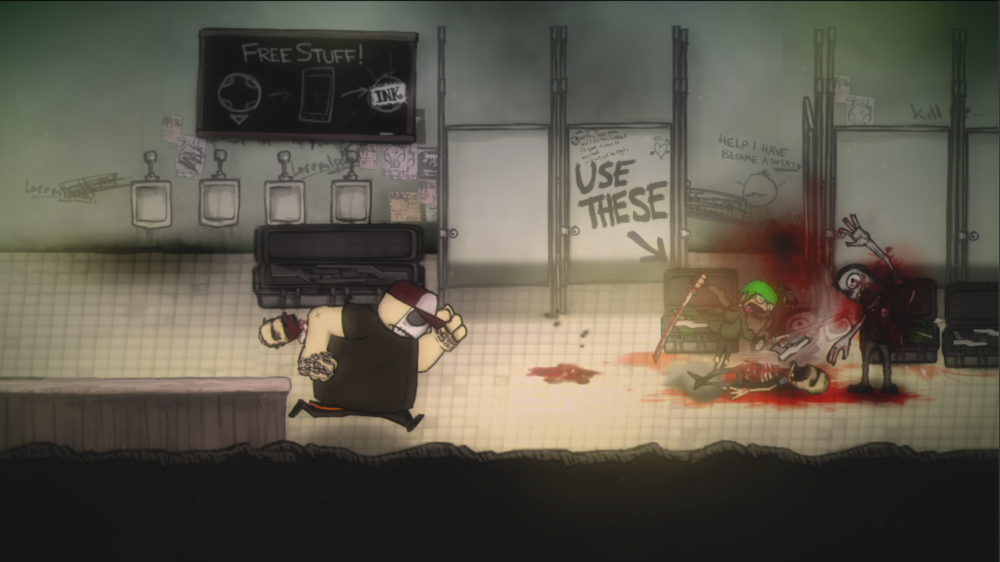
The Talmud, where much of Jewish law is interpreted and where practice is hashed out, defines life as beginning when the baby’s head emerges from the mother’s body. The modern anti-abortion movement, after all, arose as a coalition between conservative evangelicals and conservative Catholics.īut the Jewish stance is more complex, with roots in the Book of Exodus, where feticide is not treated as murder. Today when we think about faith and reproductive rights, it’s easy to begin with the idea that religious groups oppose abortion. That’s why, as the right to an abortion stands on another legal precipice, thanks to laws in Texas and Mississippi being heard before the Supreme Court, so many Jewish feminists are furious and ready for a fight. It’s also a belief rooted in our sacred texts, which - despite differing interpretations across time and denominations - consistently prioritize the ultimate well-being of the pregnant person over that of the fetus.

The latest Pew Religious Landscape Study, from 2014, found that 83 percent of Jews surveyed supported legal abortion in most or all cases, more than any other religious group surveyed.Ī firm commitment to abortion rights isn’t just one of the socially liberal stances that progressive American Jews take. That anecdote is not unique in the Jewish American experience: For many Jews, abortion rights are an ethical value, passed on from parent to child, with community support. When she returned, I wore the neon pink “Choice” hat she’d bought to my classroom at Jewish day school and began to spread the word. So did the fact that the buses to Washington were chartered by our synagogue.

Though she left me at home, the words on her sign - “Every child a wanted child” - made an impression. It was a pivotal moment for abortion rights at the Supreme Court, which was about to hear arguments in the case Planned Parenthood v. Nearly 30 years ago, my mother was one of the hundreds of thousands of people who attended the 1992 March for Women’s Lives in Washington, D.C.


 0 kommentar(er)
0 kommentar(er)
